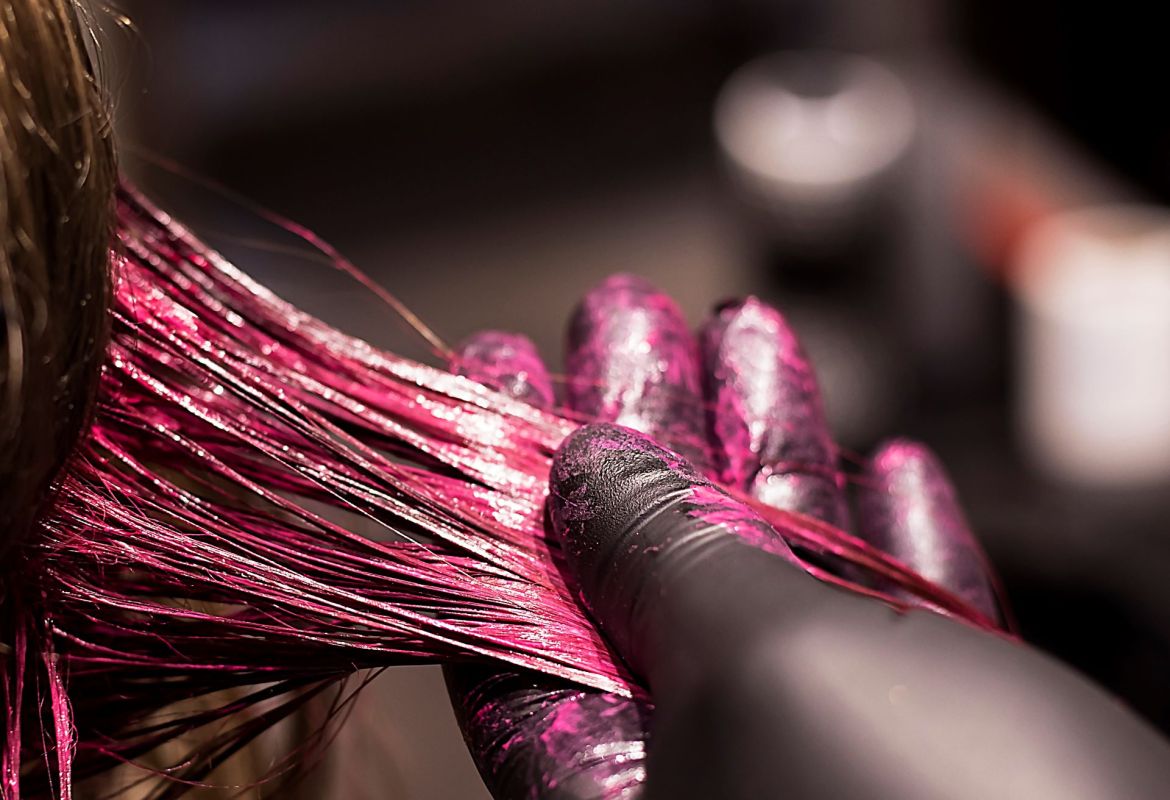You might want to rethink going to a salon to get those gray strands in your hair dyed.
According to a study published by the International Journal of Cancer, hair-dyeing products are associated with increased cancer risk.
What's happening?
The study, first published in December 2019, surveyed more than 46,700 women between the ages of 35 to 74 over eight years. The study found that women who regularly used permanent hair dye had a 9% greater likelihood of developing breast cancer when compared to women who didn't use hair dye regularly.
The study also found concerning links between the use of chemical hair straighteners and breast cancer, aswomen who used hair straighteners every five to eight weeks were 30% more likely to develop breast cancer.
Why is this concerning?
Although hair dyes have long been known to contain endocrine-disrupting compounds and carcinogens — chemicals that can disrupt your endocrine system and cause cancer — earlier research produced inconsistent results. This study found evidence of a higher risk of breast cancer associated with the use of hair dye.
The study also showed that it impacts Black women disproportionately — Black women who used permanent hair dyes were 60% more likely to develop breast cancer as compared to white women, who were 8% more likely to get cancer.
The use of hair straighteners was also more common in Black women, putting them at a higher risk. The study showed that 74% of Black women used chemical straighteners as compared to 3% of white women.
The difference in rates of straightening is unsurprising; Black women have faced intense societal pressure regarding their hair, and studies have shown that many individuals may still have an implicit bias against textured hair.
In October 2022, another study by the Journal of the National Cancer Institute showed an increased risk of uterine cancer in women who used hair-straightening chemicals or relaxers.
What solutions do researchers recommend?
The authors of the study said the results need to be replicated in other studies to make firm recommendations.
"We are exposed to many things that could potentially contribute to breast cancer, and it is unlikely that any single factor explains a woman's risk. While it is too early to make a firm recommendation, avoiding these chemicals might be one more thing women can do to reduce their risk of breast cancer," Dale Sandler, co-author of the study, told FastCompany.
Join our free newsletter for easy tips to save more, waste less, and help yourself while helping the planet.









